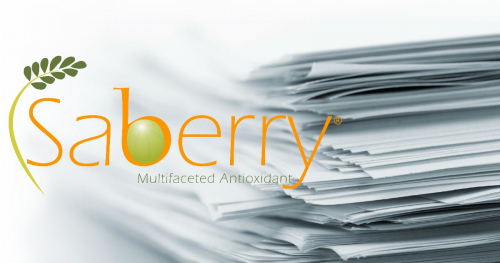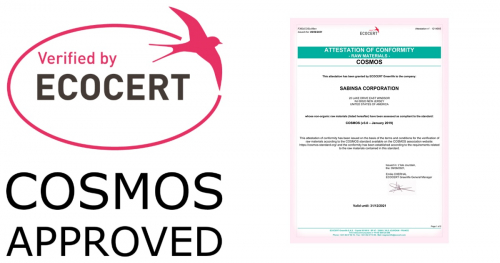Amla Extract

Studies & Documents (6)
News (3)
Emblica officinalis
40% Total Hydrolyzable Tannins
INCI:
Emblica Officinalis Fruit Extract
CAS:
90028-28-7
Amla Extract
Amla - Saberry® - Tonic, adaptogen and assist digestion, blood sugar level, liver support
Amla is one of the most celebrated herbs in the Indian traditional medicine system, Ayurveda. Amla corresponds to the extract from the fresh fruit of Emblica officinalis (dried fruit does not provide the same properties nor white color) standardized to its content of beta-glucogallin or tannins. The extract of Emblica officinalis (Amla) is widely used in digestive support and immune support applications. Amla’s antioxidant potential has been extensively studied and is well known for its rejuvenative properties. Amla helps in maintaining the anti-oxidant enzyme levels in the system. White powder because it's produced from fresh Amla. Recommended dosage is 50 to 100 mg of extract twice a day- min. 10% beta-glucalline and max. 5% for the gallic Saberry: the molecule of beta-glucalline and its activity was demonstrated by Sabinsa. Saberry is produced from carefully chosen and hand picked fresh Indian gooseberries, through a novel Green extraction technology to preserve the efficacy, and unique Standardization with new Biomarkers. β-Glucogallin and Mucic acid gallates are major hydrolysable tannins of Amla extract. β-Glucogallin is a stronger antioxidant than Ascorbic acid
- 40% for the standard extract tannins Amla
Ayuerveda - The traditional medicine originating in India
Ayurveda - or Ayurvedic medicine - is the form of traditional medicine originating in India, which draws its sources from the Veda, the set of sacred texts. Ayurveda describes the human being as being composed of the five Mahabhutas, the three doshas (the basic energies of the living), the seven dhatus (the tissues) and the sixteen shrotas (the channels which carry the doshas through all the organization). Many plants and plant extracts are derived from Ayurvedic medicine.



